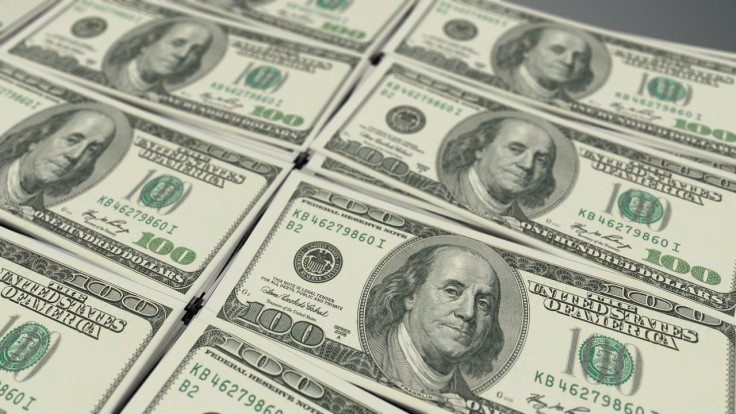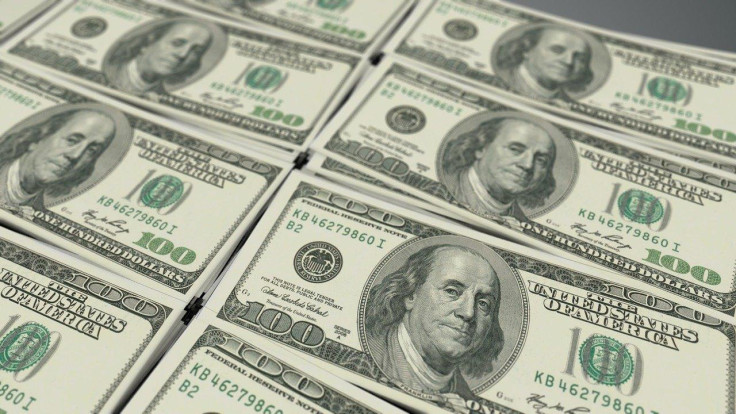Where People Are Getting Additional Stimulus Money

While an official fourth stimulus check is not currently in play, even as the Delta Variant of COVID-19 causes a surge in cases across the country and the return of some mitigation measures, some United States residents are going to be seeing some money appear in their bank accounts after all—provided they live in certain states.
With some beginning to fear the new surge of cases in the U.S. could lead to economic shutdowns, which would then trigger a need for more stimulus checks with likely unemployment, the calls for additional payments have continued to grow. While an attempt has now been made in Congress through Rep. Ilan Omar to eventually roll out a program for a Universal Basic Income, if the SUPPORT Act was passed, it would only start distributing $1,200 checks out to select communities in 2023 and go nationwide in 2028. As far as federal assistance is concerned in the more immediate term, the only ongoing payments currently being offered are the soon to expire unemployment benefits and the expanded Child Tax Credit, which is depositing money into the bank accounts of eligible parents on a monthly basis through December.
Of course, while a federal stimulus check is not on the horizon, at least not currently, on a statewide level, some residents of more than a few states are going to soon see payment assistance. In the case of states such as Florida, Georgia, Michigan, Tennessee and Texas are using money allocated towards education to provide some forms of bonuses for teachers and other education employees, other states are using their own funds to send money to their residents.
In California, the state has set up its own “Golden State” stimulus program, which has included payments of $600 going to residents, while Maryland has unveiled its own programs through the RELIEF Act of 2021 as well to help those struggling due to the Pandemic. New Mexico’s state stimulus program will also be distributing $5 million in funds to residents who didn’t qualify for the federal stimulus check payments, KRQE reported in June.
However, while a stimulus check through the federal government still seems unlikely, as it turns out, an analysis from the Institute on Taxation and Economic Policy recently revealed that the bottom 60% of earners in the U.S. have averaged $3,450 in stimulus aid.
The findings from the Institute stated that including earned income tax credits, the expanded Child Tax Credit and stimulus checks showed that those earning the lowest amount of income stand to receive the greatest potential amount of money throughout the end of the year. While those earning $21,300 in annual income or below stand to make as much as $3,590 throughout the year, with those making between $65,000-$111,300 also standing to make over $3,000 in potential payments. Amounts decreased after incomes of $247,400, with those earning an amount between that and $601,700 eligible to earn only $280 in funds by the end of the year. Anyone exceeding $601,700 would earn a max of $50.
Totals also vary depending on different factors, such as the amount of money that could be earned through the Expanded Child Tax Credit based on the number of eligible children in a household and their ages, as well as whether or not top earners have qualifying dependents who are eligible for funds.

Photo: QuinceCreative/Pixabay





















